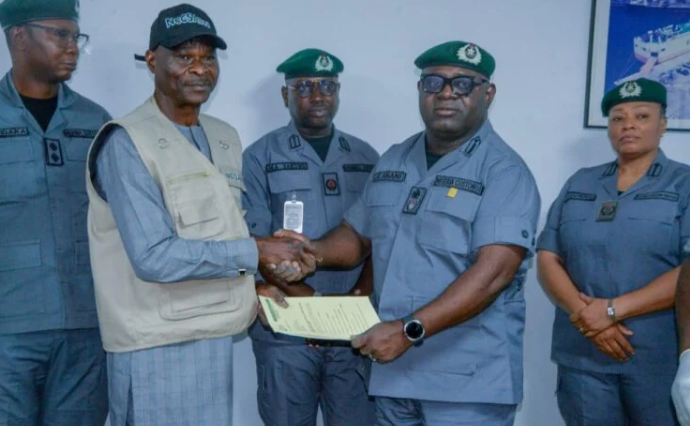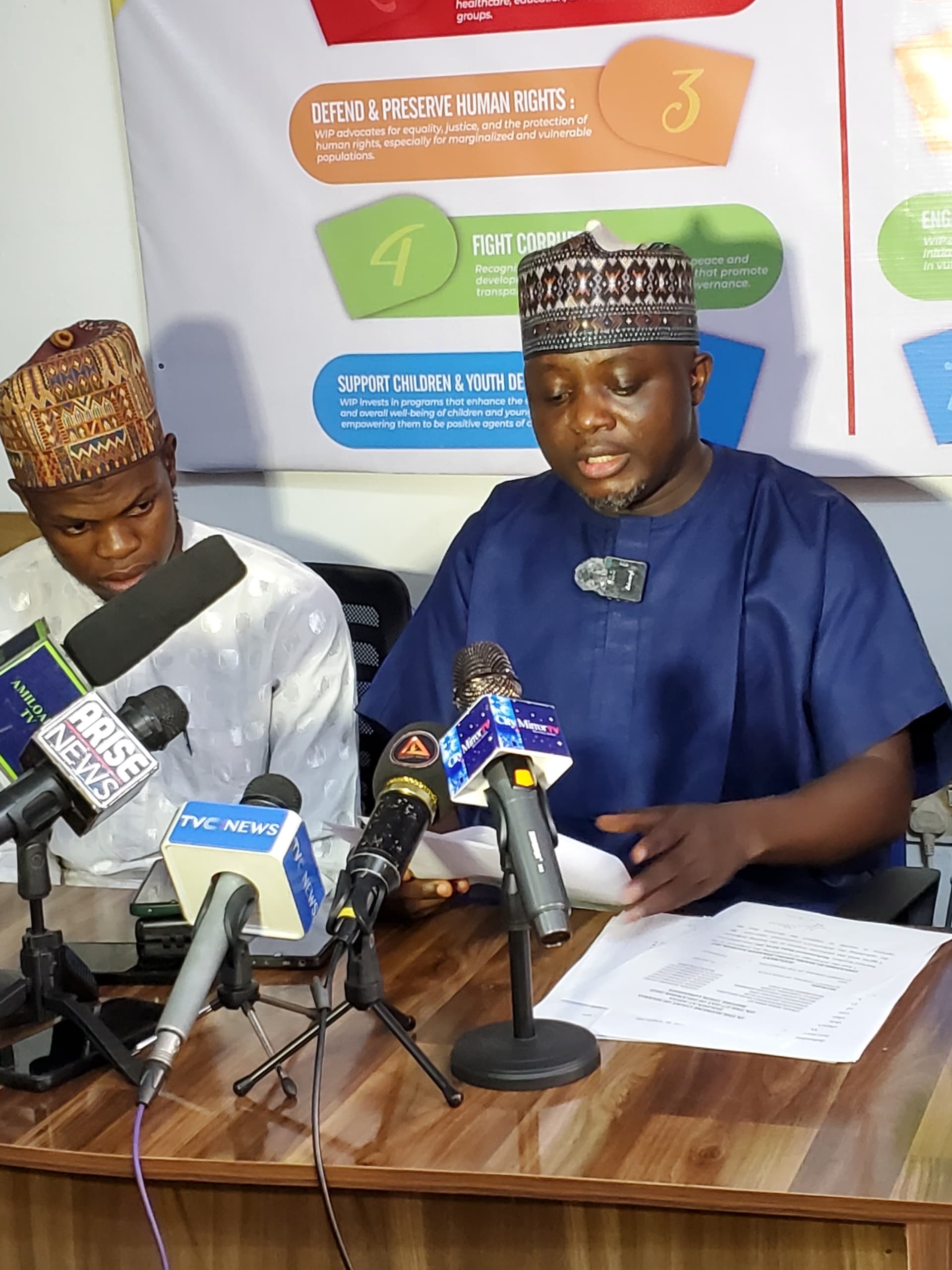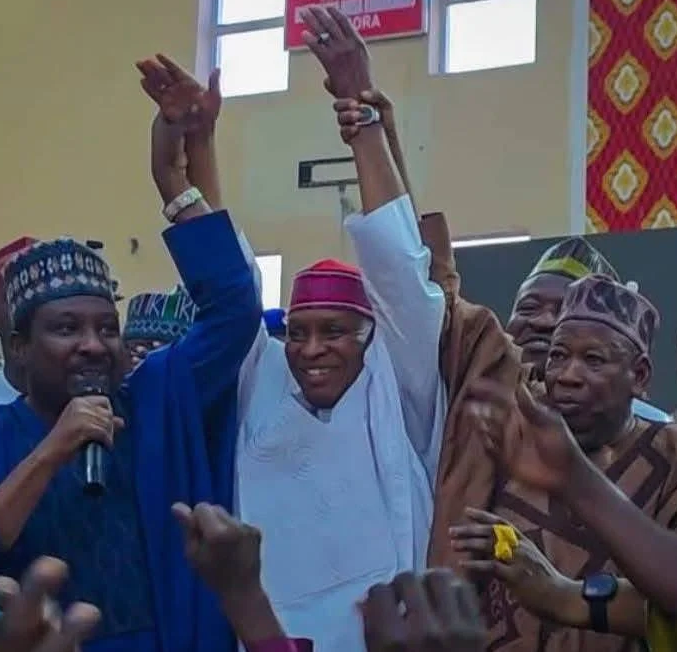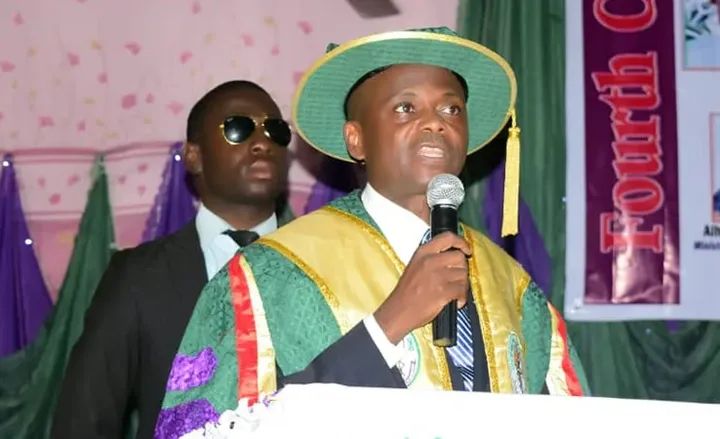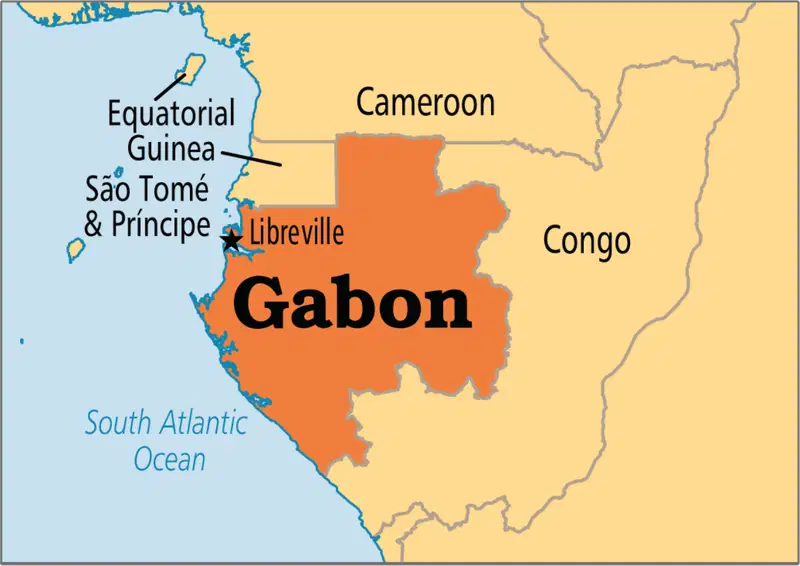
Gabonese citizens headed to the polls on Saturday for the country’s first presidential election since the military ousted longtime leader Ali Bongo in a 2023 coup. Eight candidates are competing in the race, though interim leader General Brice Oligui Nguema is widely seen as the frontrunner.
General Oligui, who led the August 30 coup that ended more than five decades of Bongo family rule, has remained popular in opinion polls. He assumed the role of transitional president and formed a civilian-inclusive government tasked with drafting a new constitution.
In the capital Libreville, long lines formed outside polling stations. Among the first-time voters was 30-year-old casino worker Aurele Ossantanga Mouila, who said, “I did not have confidence in the earlier regime.”
The vote comes at a challenging time for Gabon, a nation of 2.3 million people. Despite being rich in natural resources, the country faces high unemployment, frequent utility outages, crumbling infrastructure, and a growing debt burden. Official figures show that just 2,000 kilometers of the nation’s 10,000-kilometer road network are considered usable, and rural youth unemployment exceeds 60 percent.
Oligui, now in civilian attire, is campaigning for a seven-year term. His main challenger is Alain-Claude Bilie By Nze, a former prime minister under Ali Bongo, who is positioning himself as the candidate of change.
Roughly 920,000 registered voters were eligible to cast their ballots from 7:00 a.m. to 6:00 p.m. local time, with final results expected Monday.
At his final campaign rally in Libreville, Oligui declared he was the candidate Gabonese people had called for, predicting a “historic victory” as supporters celebrated with music and dancing. His campaign slogan, “C’BON” — a play on the French for “It’s good” and his initials — is prominently displayed throughout the capital, while posters of his opponents are scarce.
Critics argue that Oligui, who once served as an aide to former President Omar Bongo and later led the Republican Guard under Ali Bongo, symbolizes a continuation of the old regime he helped overthrow. Bilie By Nze echoed this sentiment, calling for a “complete rupture” from the past.
The election is taking place under the shadow of past post-election unrest, including deadly protests in 2016 and the coup last year. Analyst Neyer Kenga emphasized that restoring constitutional order is a key issue in the vote. “Today, all Gabonese are firmly in favor of a democratic process played by the rules,” Kenga said, though she cautioned that “the people’s response at the ballot box is never known in advance.”
The stakes are high: one in three Gabonese lives below the poverty line despite the country’s oil wealth, and public debt is projected to hit 80 percent of GDP this year, according to the World Bank.
Advertisement

